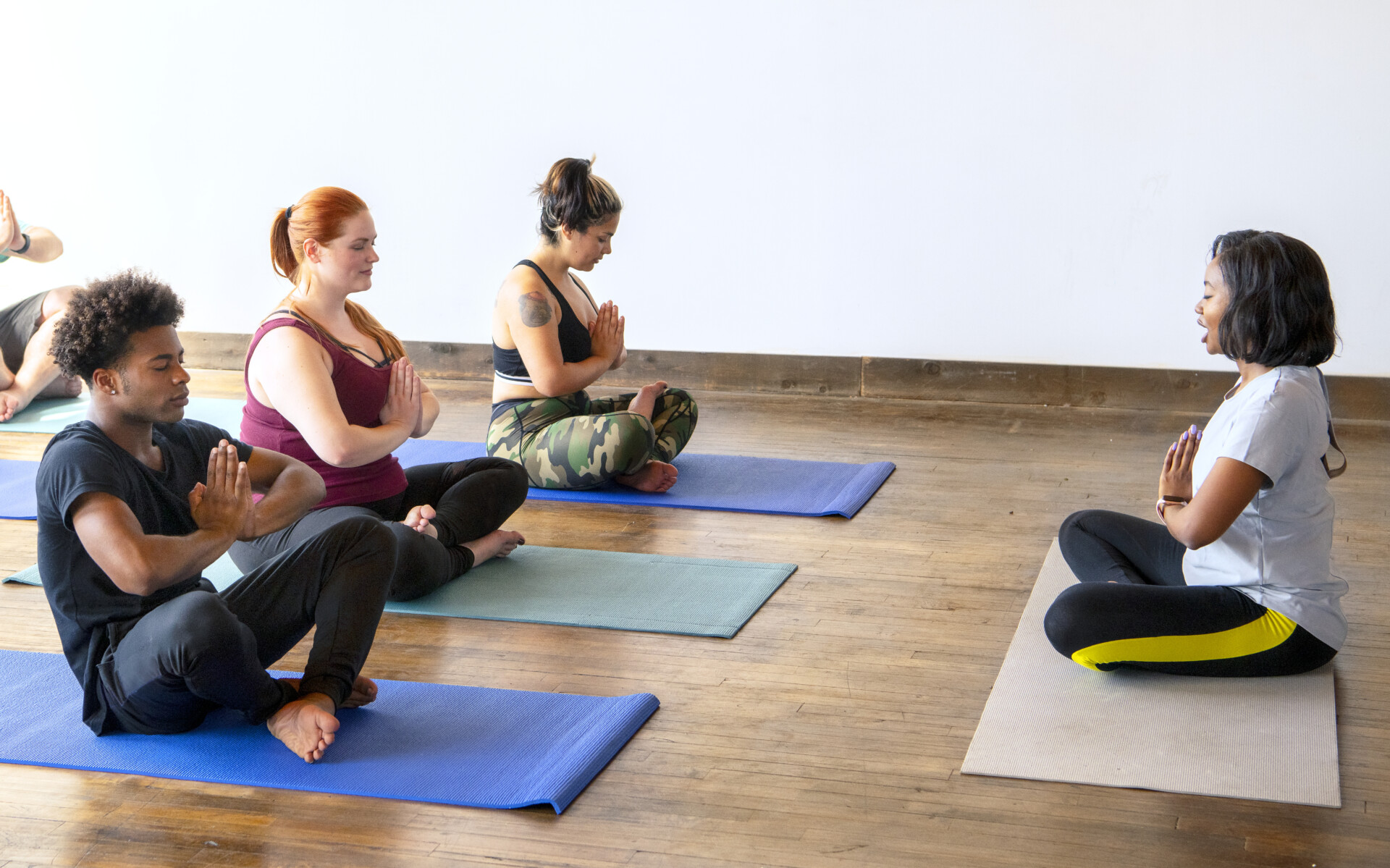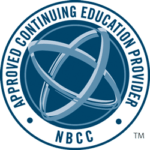Course Description
Continuing Education Hours: 6
This is a one day experiential training course for clinical and non-clinical care professionals looking to enhance their knowledge of self-care practices and expand their tools for use in then mental health and substance use fields. This course is designed to provide participants with an overview of the history of yoga and a working knowledge of how trauma impacts the mind and body. Facilitator will present research that supports the benefits of yoga on the brain and body in regards to addressing stress, trauma, depression, anxiety, addiction recovery, and personal growth. Participants will learn basic trauma informed yoga skills and will engage in the demonstration of applicable skills including hand yoga, meditations, breath control and intuitive movement. Facilitator will provide local resources where participants can continue their education and exploration of trauma informed yoga.
Learning Objectives
- Participants will be able to define yoga, understand the basic origins of yoga and discuss types of trauma yoga available.
- Participants will gain a working knowledge of the basic impact of trauma on the brain and the body.
- Participants will be able to identify the benefits of yoga on the mind and body as supported by current research.
- Participants will learn several mudras (hand yoga), meditations, controlled breathing techniques and postures to aid in healing trauma and self-regulation.
- Participants will demonstrate intuitive movements to be used with clients or as part of a self-care practice.



